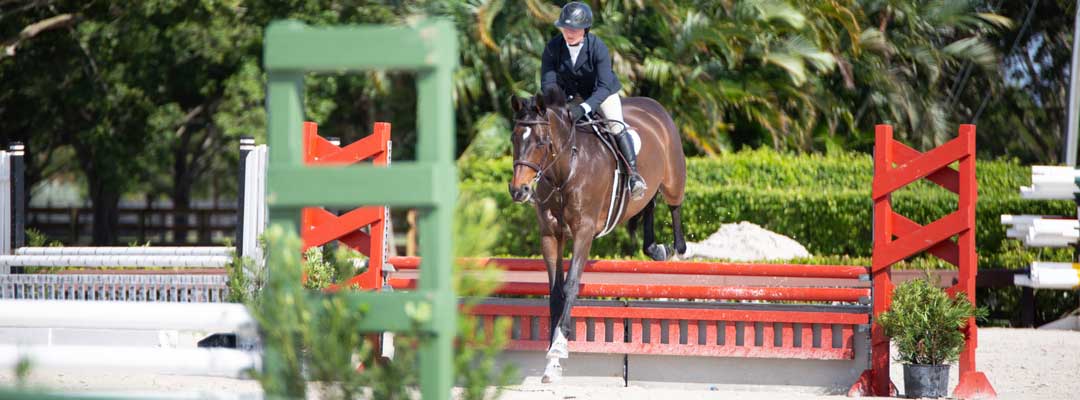Controlling Flies for a More Peaceful Stable

Of the peaceful sounds echoing throughout your barn -- horses quietly munching on hay and the clip-clop of hooves down the barn aisle -- not included is the hum of buzzing flies, your horse anxiously swishing his tail and defensively kicking as he attempts to rid the pests and their wicked, winged ways.
Understanding the Risks
Flies are more than just a nuisance. They contribute to significant equine diseases and conditions, including pigeon fever, strangles, influenza, Salmonella, eye worms and summer sores. Anne-Marie Morgan is a horse owner and head trainer at Miami Equestrian Club. She’s no stranger to the negative impact flies can have on a horse, especially relating to summer sores.
Summer sores are caused by house flies, face flies and stable flies, as they transfer parasitic nematode larvae (Habronema species) to moist areas around a horse’s open wounds, eyes, nostrils, mouth and genitalia. When the larvae create a hypersensitivity reaction, chronic, fleshy and non-healing wounds can result, known as summer sores. The condition is costly and can require months off from riding and training as the horse heals.
“Lesson horses are prone to summer sores because they often acquire scrapes from supporting students over jumps and poles, or playing in the paddocks,” said Morgan. “Thankfully, we have a very clean barn with a great fly spray system that keeps flies, and the risks they present, to a minimum.”
Anne-Marie detailed how one horse tripped over a trot pole, leaving a half-inch-long cut near his coronet band and ultimately causing a severe summer sore. When the wound was left uncovered for only one night, allowing flies access, by next morning it was oozing and displaying proud flesh. His sore turned into a golf ball-size of hard, bloody proud flesh that required five months of treatment and daily bandaging. When the sore healed, it left behind an unsightly scar of twisted flesh.
Identifying a Solution
Protecting horses from harmful flies requires a three-pronged approach: following best practice barn management, leveraging proven fly control products and outfitting horses with fly masks, sheets and boots for the ultimate protection.
- Follow best-practice barn management.
- Enlist trusted fly control products.
- Outfit horses in fly protection gear.
Horse owners can eliminate fly havens by removing manure and excess feed, as well as any damp hay. Ridding trash and keeping the garbage containers tightly closed and cleaned helps. Additionally, store manure sites as far from the barn as possible; it is ideal to remove sites off-property, completely. And as flies often rest in shady, heavily vegetated areas, keeping grass mowed is crucial.
“Eliminating standing water, keeping stalls, paddocks and barns clean will help control fly populations,” Morgan said. “It’s a team effort to be vigilant about cleaning.”
Enlist proven fly control products to help combat the fly population. Fly systems, baits and traps also can help control the fly population. Horses also can find relief from flies through feed-through feed supplements, as well as regular fly spray use.
“Products that kill fly eggs before they are hatched are great assets to fighting flies in large-scale and smaller barns,” Morgan continued.
A wide variety of fly protection gear is available to keep horses safe from a fly’s harmful, and painful, bite. Professional’s Choice representative and professional rodeo cowboy, Brodie Poppino, makes sure his roping horse Ice Box is fully outfitted in fly protection gear, from head to hoof.
“I keep fly sheets, fly masks and fly boots on them, and I always use fly spray,” Poppino said. “At Professional’s Choice, we have a fly mask and fly sheet that is so light and comfortable, it’s like wearing a third-grade basketball jersey. Some masks and sheets can be so heavy, and the last thing you want to do is put on a 30-pound sheet when it’s 90 degrees and humid.”
Ensure horses are protected from flies and the significant dangers they pose to their health and wellness.


